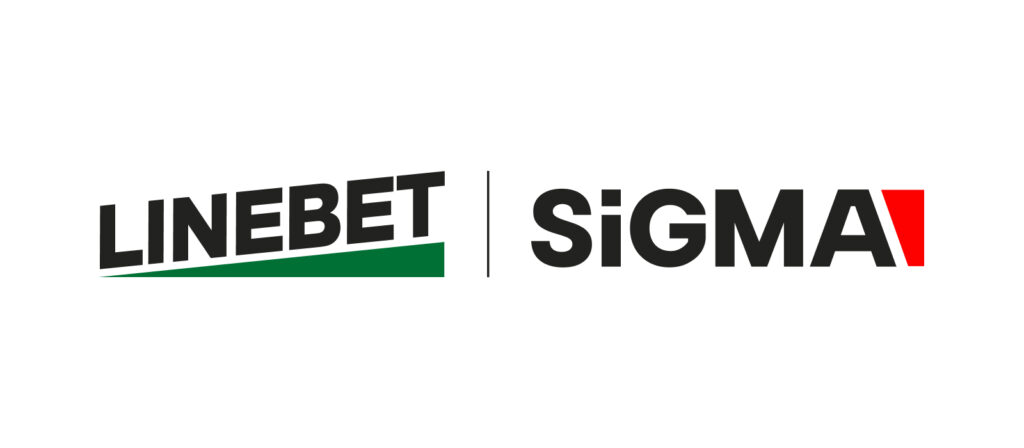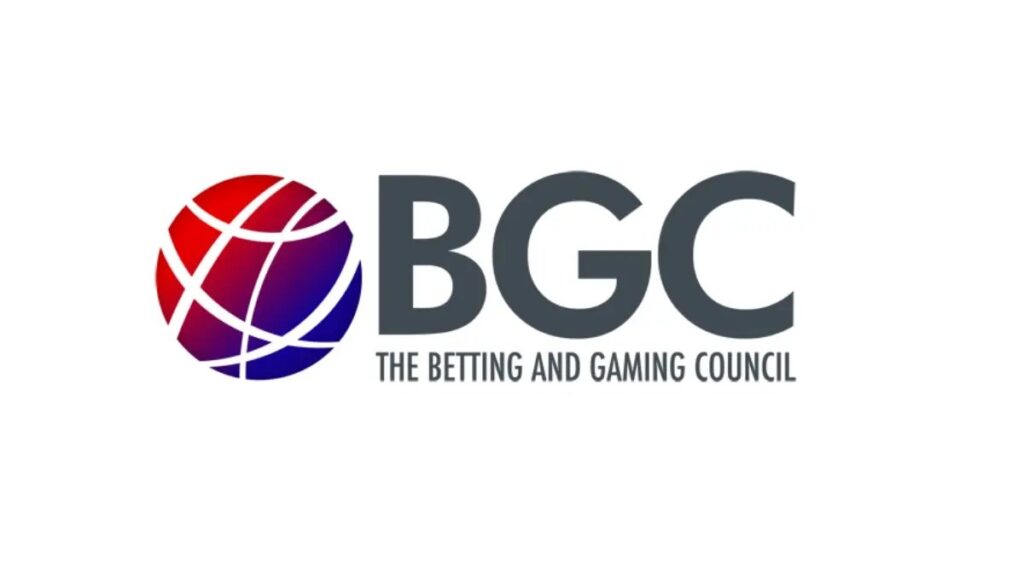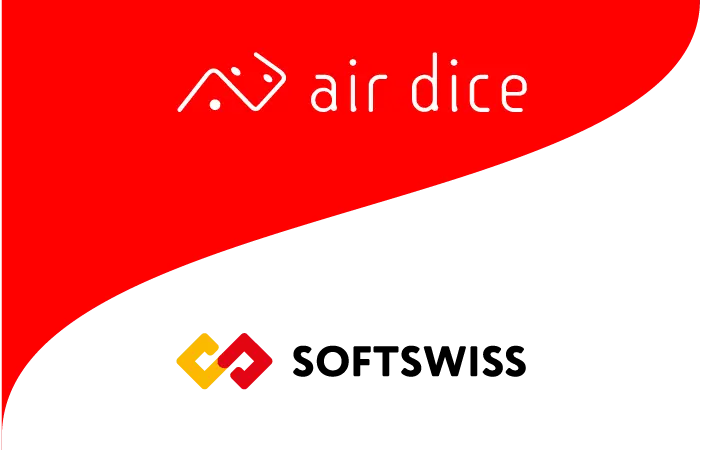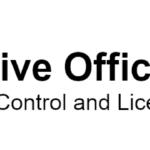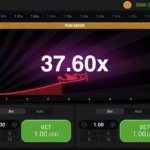Now Reading: Uganda Gambling Regulations and Laws 2025
-
01
Uganda Gambling Regulations and Laws 2025

Uganda Gambling Regulations and Laws 2025
Uganda gambling regulations took a major step forward with the Lotteries and Gaming Act 2016, which established the National Lotteries and Gaming Regulatory Board (NLGRB). Since then, the industry has grown rapidly, driven by 4G/5G connectivity, widespread mobile money use, and a youthful, tech-savvy population.
In 2025, lawmakers are making stricter rules for payment systems, strengthening responsible gambling measures, and moving licensing processes online. This report explores Uganda gambling regulations and laws and regulations, combining legal insights with market data to help iGaming businesses make smart and compliant decisions.
Understanding Uganda Gambling Regulations & Legislative Framework
Uganda Gambling Regulations rest on four statutory pillars:
- Lotteries and Gaming Act 2016
- Lotteries and Gaming (Fees) Regulations
- Lotteries and Gaming Regulations
- Anti-Money Laundering Amendment
Key Compliance Objectives
- Protect citizens from gambling harm through age gating, KYC and responsible-gaming programmes.
- Secure national revenue via targeted gaming taxes and integrated payment gateways.
- Encourage innovation while preserving integrity through licensing, device certification, and continual board supervision.
Regulatory Landscape
National Lotteries & Gaming Regulatory Board (NLGRB)
- Four-part mandate: Licensing, Supervision, Enforcement, Dispute Resolution[12].
- Issues annual licences across six product classes (casino, betting, online gaming, national lottery, slot machines, pool betting)
Supporting State Agencies
- Bank of Uganda (BoU): Operates central payment gateway for all wagers and payouts.
- Uganda Revenue Authority (URA): Enforces gaming tax collection and audits GGR filings.
- Financial Intelligence Authority: Oversees AML/CFT reporting for gaming operators.
Legal Age & Player Protections
| Provision | Requirement |
|---|---|
| Legal gambling age | 25 years and above |
| ID verification | National ID or passport mandatory before bet placement |
| KYC data retention | Minimum 5 years |
| Self-exclusion registries | Mandatory integration with NLGRB Responsible-Gaming Portal |
| Advertising controls | No gambling ads targeting persons < 25 or students; must display responsible-play messages |
Licensing Requirements Under Uganda Gambling Regulations 2025
Eligibility Criteria
- Corporate registration at URSB with share capital meeting product-specific thresholds (see table below).
- Capital adequacy proven by quarterly filings (§2–5 of Minimum Capital Regulations)
- Bank guarantee lodged with NLGRB (UGX500 million baseline).
Application Process
- Submit e-application at licensing.lgrb.go.ug with cover letter and business plan.
- Pay non-refundable application fee (see table).
- NLGRB conducts due-diligence: background checks, Interpol clearance, site inspection.
- Board decision within 21 days; licences gazetted upon approval.
- Operator activates central payments integration and AML reporting lines before launch.
Licence Classes, Fees & Capital Thresholds
| Licence Type | Application Fee UGX | Annual Licence Fee UGX | Minimum Fixed Capital UGX |
|---|---|---|---|
| National Lottery | 50,000,000 (foreign); 20,000,000 (national) | 100,000,000 | 5,000,000,000 |
| Casino | 50,000,000 (foreign); 20,000,000 (national) | 15,000,000 | 1,000,000,000 |
| General Betting / Sportsbook | 20,000,000 (foreign); 10,000,000 (national) | 10,000,000 | 250,000,000 |
| Online Gaming (remote) | Applies under betting or casino class—same fees apply | 10,000,000 | 250,000,000 |
| Slot Machine Hall | 20,000,000 (foreign); 10,000,000 (national) | Variable per machine—50,000 reg. fee | 250,000,000 |
| Pool Betting / Bingo | 20,000,000 (foreign); 10,000,000 (national) | 10,000,000 | 250,000,000 |
All licences expire 31 December each year and are renewable online subject to latest compliance audits.
Taxation in Uganda’s Gambling Industry
Current Statutory Rates (2025)
- Gaming Tax: 20% of Gross Gaming Revenue (GGR)
- Withholding on Winnings: 15% deducted at source (players may offset against income tax)
- VAT: 18% on gaming services unless zero-rated promotions.
- Corporate Income Tax: 30% on net profit after allowable deductions.
Emerging Fiscal Measures
- Centralised payments gateway links every transaction to URA’s e-invoicing system for real-time tax capture.
- Proposal to harmonise online gaming tax with mobile-money excise (currently 12%) under 2025/26 Finance Bill—pending parliamentary debate.
Compliance & Responsible Gambling Obligations
AML / CFT Protocols
- Customer-risk profiling, enhanced due-diligence for wagers ≥ UGX3 million, suspicious-transaction reporting within 24 hours.
- Cash transactions above UGX30 million must be declared to URA per AML Act.
Responsible-Gaming Tool-Kit
- Mandatory display of helpline 0800 100 090 and NLGRB messaging on every platform.
- Loss limits, deposit caps, session timers configurable by player.
- Staff training programme certified annually by NLGRB.
Enforcement & Penalties
| Breach | Statutory Fine | Additional Sanctions |
|---|---|---|
| Underage gambling | UGX20,000,000 minimum | Licence suspension or revocation |
| Unlicensed operation | Up to UGX1 billion | Criminal prosecution, asset seizure |
| AML reporting failure | UGX500,000 per day of default | Public censure, potential deregistration |
| Tax evasion | 200% of unpaid tax | Jail terms up to 5 years |
Why Betting Brands Should Invest in Uganda’s Regulated Market
Strategic Advantages
- Digital-First Payments: 33.7 million active mobile-money wallets, facilitating instant, low-cost deposits.
- Government Support: NLGRB’s e-licensing portal slashes approval time to < 3 weeks.
- Youthful Demographic: 77% of citizens are under 25 years old—Africa’s youngest audience.
- Regional Gateway: Kampala is a tech corridor connecting Rwanda, Kenya, and South Sudan, easing cross-border expansion.
Growth of Online Gambling & Fintech Synergy
Mobile-First Betting
Operators now integrate directly with MTN MoMo and Airtel Money APIs, reducing cash-handling costs by up to 40% while boosting KYC accuracy[18]. Seamless wallet-to-bet transfers also improve player retention.
Technological Infrastructure
Uganda’s 4G network covers 41.8% of territory, with pilot 5G nodes in Kampala and Entebbe.
Regional Influence
Kenya’s mature mobile-betting ecosystem and Nigeria’s robust fintech scene are shaping consumer expectations, pushing Ugandan operators to adopt instant play and micro-betting formats[.
Challenges & Risk Considerations
- Connectivity Gaps: Rural 4G coverage remains below 25%, limiting real-time streaming products.
- Perception & Social Impact: High adolescent problem-gambling prevalence (17%) invites stricter advertising curbs.
Looking Ahead
Uganda Gambling Regulations 2025 present both a safeguard and a springboard. For brands willing to meet stringent licensing, tax, and responsible-gaming standards, the reward is access to East Africa’s most dynamic, youth-powered wagering arena. Align your strategy with NLGRB directives, invest in mobile-first UX, and champion ethical play—then Uganda’s 51 million-strong market can be your next growth frontier.
Read Also: Malawi Gambling Regulations 2025: A Complete Guide

